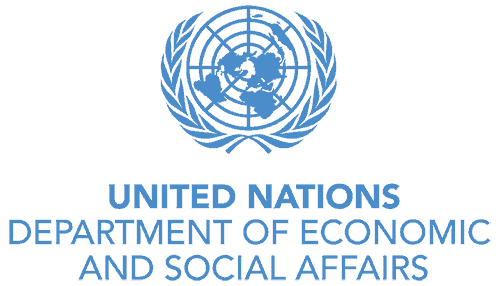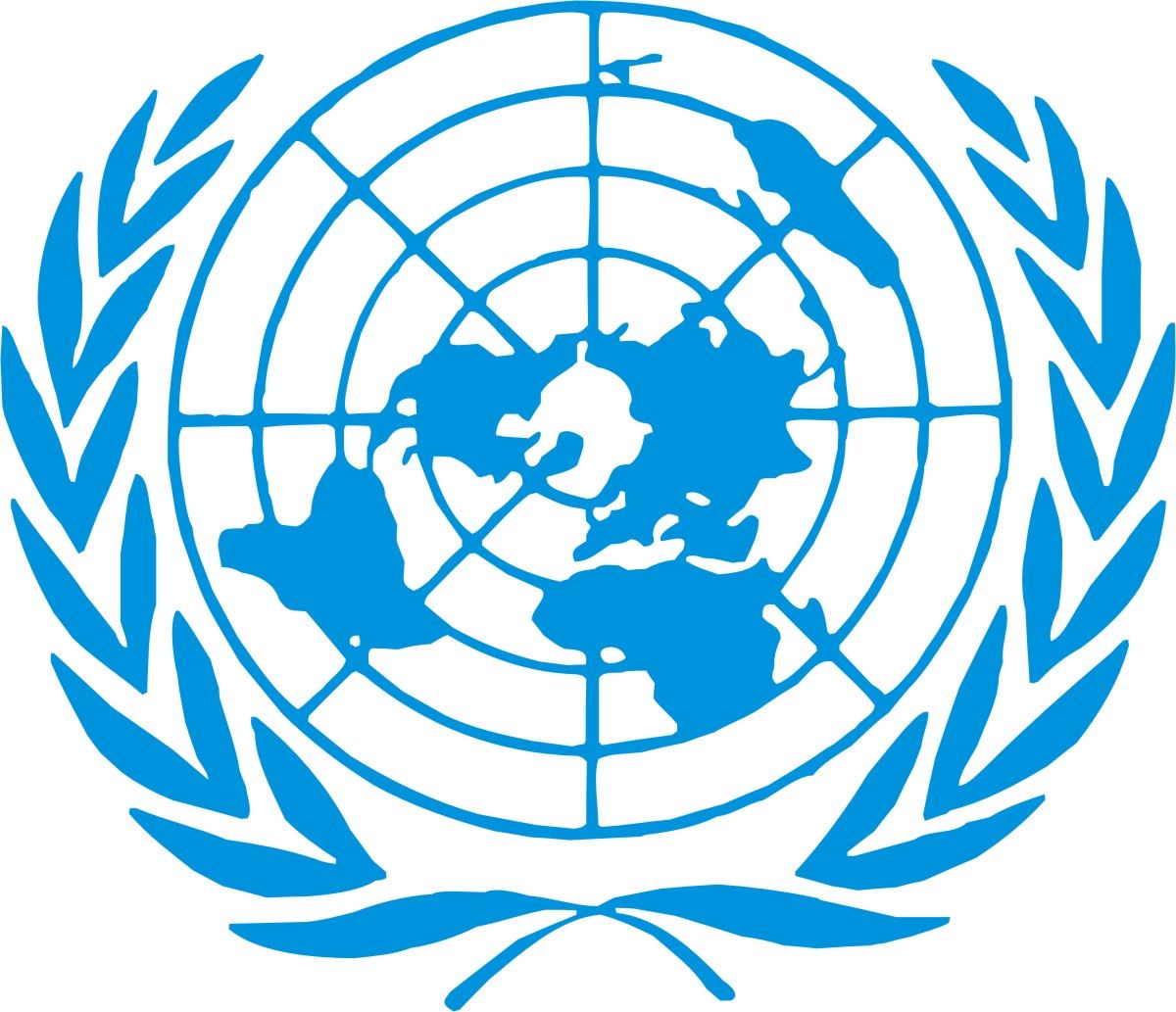Location
The United Nations Economic and Social Council (ECOSOC; French: Conseil économique et social des Nations unies, CESNU) is one of the six principal organs of the United Nations, responsible for coordinating the economic and social fields of the organisation, specifically in regards to the 15 specialised agencies, the eight functional commissions and the five regional commissions under its jurisdiction.
The Council serves as the central forum for discussing international economic and social issues and formulating policy recommendations addressed to member states and the United Nations system. A number of non-governmental organisations have been granted consultative status to the Council to participate in the work of the United Nations.
Members:
Resources
Displaying 171 - 175 of 224Report of the joint ECA/FAO/German Foundation seminar on agricultural input factors
This paper focuses on the the main purpose of the seminar that was; To determine what is known of the economics of modern technical inputs in African agriculture in terms of the physical and value responses to expenditures on them; To identify those areas in which information vital to policy is lacking; To propose a specific programme for obtaining required data through the co-operation of research institutions.
Expérience tunisienne en matière d'établissement du cadastre : communication présentée par le gouvernement de la République tunisienne
Depuis l’institution en Tunisie de la loi immobilière du 1er juillet 1885 et à ce jour, la superficie totale des terres immatriculées n’a pas encore atteint la moitié des surfaces immatriculables. Dès son accession à l’indépendance, la Tunisie s’est fixé comme premier objectif à atteindre dans sa lutte contre le sous-développement, le décollage économique, lequel dépend dans une large mesure de la mise en valeur des terres.
L' enseignement agricole en Afrique : origines, objectifs et activités du programme spécial d' éducation et de formation en Afrique
La deuxième guerre mondiale, et notamment depuis dix ans, le role et l'importance de l'enseignement agricole en Afrique ont connu des changements profonds et d'une ampleur sans précédent.
Agricultural education in Africa : the origin, purpose and work of the FAO special program for Education and Training in Africa
Since the end of the Second World War, and especially during the past decade, the role and importance of agricultural education in Africa has undergone profound and unprecedented change. From "being a relatively minor activity principally concerned with the training of junior field staff for work in agricultural extension, forestry and animal health, technical education and training in food and agriculture are now universally recognized as key factors in the whole process of economic and social development in African countries.



